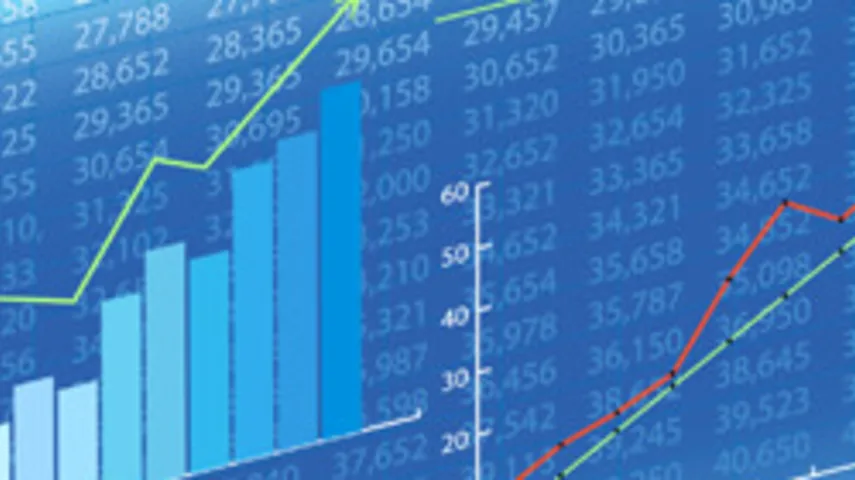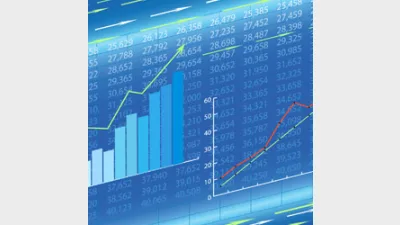Global institutional investor sentiment falls



Institutional investors continued the pattern established late last year of reducing allocations to equities, with the sentiment falling by six percentage points in February.
This is according to State Street's Investor Confidence Index, which measures investor confidence or risk appetite quantitatively by analysing the actual buying and selling patterns of institutional investors.
The decline was most pronounced among North American investors, whose confidence fell 9.5 points to 80.5, according to Harvard University professor Kenneth Froot, who developed the index with Paul O'Connell of State Street Associates.
"Across the regions there was a significant divergence this month," said O'Connell.
"The latest round of policy developments in Europe went some way towards lowering the risk of a catastrophic 'tail event' crisis, and this improved the mood of European investors."
Asian investors held their outlook constant, though O'Connell did note that net purchases of Pacific (ex-Japan) equities by all global investors were relatively robust.
Recommended for you
Ethical super fund Australian Ethical has announced the appointment of Anthony Lane as chief operating officer.
The structural shift towards active ETFs will reshape the asset management industry, according to McKinsey, and financial advisers will be a key group for managers to focus their distribution.
ASIC has warned that practices across the $200 billion private credit market are inconsistent and, in some cases, require serious improvement.
A surge in electricity prices has driven the monthly Consumer Price Index to its highest level in a year, exceeding forecasts.









